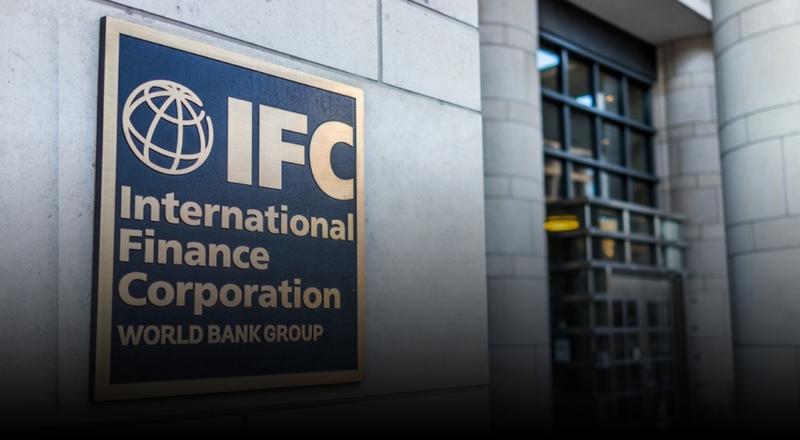The IFC (International Finance Cooperation) has expressed readiness to explore ways to fund Nigerian real estate developers with proven track records to support the provision of affordable housing projects for students and workers in the country.
While also reeling out its Green building plans, it noted that the initiative will likely become central to Nigeria’s housing market, especially as the cost of energy increases.
IFC Senior Country Manager for Nigeria, Kalim Shah, made the disclosure at the Nigeria Affordable Housing Workshop held in Lagos, jointly organized by IFC and the World bank.
Shah said: “Regarding student housing, IFC is keen to support and mobilize finances for proper students’ accommodation in both public and private tertiary institutions in Nigeria. We are already doing this in South Africa and we recently partnered with an Irish group to develop and complete housing accommodation for up to 15,000 students in the country.”
He said the 2022 affordable housing workshop was facilitated to explore solutions to some of the critical issues facing Nigeria’s housing sector and to discuss how to develop affordable housing models for Nigerian citizens.
ALSO READ: Firms proceed on plans to expose to opportunities available in the UK property market
“Many Nigerians struggle to access affordable housing and the situation is getting worse on a daily basis. The importance of quality and affordable housing should not be underestimated. It is critical for socio economic development and quality of life. Affordable housing stimulates growth in several areas including infrastructure, manufacturing and servicing centers. This contributes to Job creation, inclusive growth, economic development and shared prosperity.
“Housing is highlighted in Nigeria’s 2021-2025 national development plan as a sector that helps the country achieve its potentials across the economy. The National Development Plan (NDP) listed access to decent and affordable housing as one of the five critical areas that can drive social development and economic growth”, Shah noted.
He went further to say: “There are humans’ demand and supply side issues affecting the sector in Nigeria. This includes lack of access to affordable mortgages and other mortgage related issues, laws and subsidies, high cost of construction, limited access to long term capital for development, insufficient infrastructure to support building construction, among others.”
He said the workshop presents an opportunity for the world bank group to leverage its experience and expertise to bring together stakeholders in Nigeria’s housing sector to conceptualize feasible solutions that can help suppress the current housing challenge ravaging the nation.
According to him, IFC is working with financial institutions to develop an expanded access to finance and mortgages for informal income earners and prospective homeowners.
He added that the informal sector is very crucial to reckon with in Nigeria as he affirmed that: “About 80% of the country’s jobs are in this sector and more than 95% of 43 million MSMEs in Nigeria micro enterprises. This segment represents the majority of Nigeria’s population.”
Shah also revealed that IFC has partnered the Nigerian government and other stakeholders to help develop and implement reforms that will improve access to finance in the country especially to those in the informal sector.
“IFC is working with partners in Nigeria to expand access to authentic data and non-traditional credible information such as through local savings clubs, to support alternative credit sourcing”, he said.
Organizations present at the workshop include the Family Homes Funds (FHF), Real Estate Developers Association of Nigeria (REDAN), Urban Shelter Limited, Federal Mortgage Bank of Nigeria (FMBN), Among others.
Source: Africa News Housing
